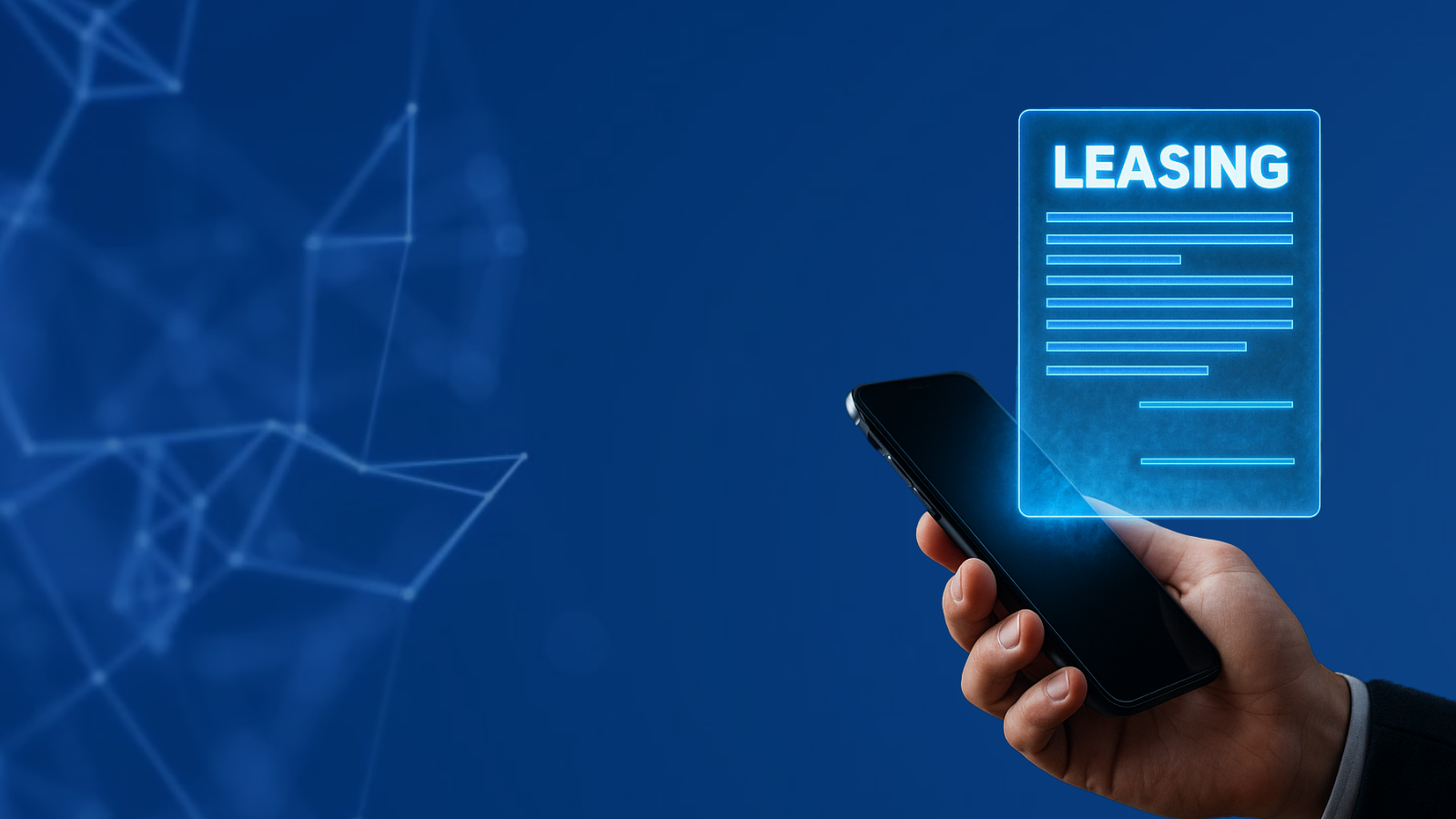In 2019, the leasing industry saw a constantly re-emerging trend of enriching the existing channels used for reaching new clients, taking advantage of various solutions, which enabled encapsulating the comprehensive online sales process in an online setting. The debates surrounding these solutions grew more intense when everyone learned that one of the major players in the leasing industry bought out a company specialising in online leasing. What is more, a good situation on the leasing market, which is confirmed by analysts and which has been sustained over the last few years, may give rise to a risk of saturation and thus motivates players to look for new sources of increasing the value of their portfolios, making online leasing one of the most promising directions – especially given the fact that this solution still does not enjoy much popularity, and as such it is offered by only a few leasing companies, and only for selected goods of relatively low value.
The results of the study cited in the Interaktywnie.com report on e-commerce indicate a continuous and dynamic growth of this form of purchasing (at a level of about 22% for the last three years). By the end of 2019, the value of the global e-commerce market exceeded 3.5 billion USD. With a valuation estimated at around 50 billion PLN at the end of 2019, the Polish market might not be in the lead, but its potential, which stems from the highly developed banking sector, allows the prediction of even faster growth in the future. Some experts estimate that by the end of 2020, we might see growth to 70 billion PLN. Nowadays, nearly half of Internet users (46%) make mobile purchases at least once a week, and in the holiday season this rate increases significantly. Interestingly enough, 13% of all respondents declare that they do their online shopping only using a smartphone. The main advantages pointed out by Internet users who make online purchases are speed (63% of respondents), followed by the possibility of making one-click payments (33%), and simpler navigation (24%). It is highly likely that some of these purchases could be financed with one or more leasing products.
Despite the fact that the Polish leasing industry seems to be quite conservative in this respect, we have been seeing a rapidly accelerating pace of technological changes and innovations in this area. This is particularly apparent when we take a look at the efforts of leasing companies to meet the standards imposed on the financial sector, which take the shape of a clear desire to digitize all business processes. The conclusions stemming from ongoing analyses and debates in the context of further growth of leasing service sales indicate that only the transition to a fully digital sales process will be able to meet the expectations of a new kind of client, who demands efficient handling of simple transactions without the need to contact an advisor.
It should also be noted that in addition to process and organisational limitations, some legal aspects also need to be changed – including, but not limited to, the requirement for both parties to put their traditional signatures on a lease agreement in a paper form, or digital qualified signatures when it comes to a digital agreement. It is therefore necessary to ensure that appropriate legal provisions and procedures are in place to ensure that the signature process can be quickly implemented in online solutions.
Leasing companies rightly see an opportunity to take advantage of the online sales channel in order to speed up existing interactions with clients, acquire new clients, build and strengthen trust, as well as generate additional sales revenue. These topics were brought up last year during key events for the Polish leasing industry, including the European Economic Congress in Katowice, the celebration of the 25th anniversary of the establishment of the Polish Leasing Association, as well as e-leasing Day 2.0 in Warsaw. This means that leasing companies are currently on the lookout for technological solutions that will provide functionalities enabling them to implement a fully online process of granting financing in the form of leasing. This is quite a daunting task, in particular given the fact that the three-party relationship between the client, the store and the leasing company requires a number of specific steps and activities that are not required in the case of other forms of financing, and thus the role of each stakeholder must be planned and reflected in the process development phase of the envisioned system. An additional challenge in building such a process is caused by regulatory constraints that have to be taken into consideration, such as the aforementioned need for a traditional signature on the lease agreement. Thus, a lot of focus is put on the search for a way to verify and authenticate client data, using the electronic signature mechanism, as well as attempts to couple banking systems (online banking) with the sales processes offered by leasing companies.
Another real challenge in the area of designing solutions enabling concluding leasing agreements online is ensuring an excellent UX (User Experience) – one that will not only be in line with current trends, but will also have a WOW effect – an additional positive surprise, which will make the solution even more attractive for its users. What is more, the efforts undertaken in preparation for the final design of such solutions is more and more often preceded by studies and analyses, as well as Design Sprint workshops, which enable visualising and verifying the journey of a potential client (platform user) from creating a need to finalising the transaction.
It is also worth noting that ensuring the attractiveness of the platform directed to thousands of potential clients is an ongoing process. Thus, UX testing needs to be carried out continuously in order to quickly react to changes in current market trends, as well as ever-changing customer behaviours. The next stage of development will entail adapting additional services already known in other services, including communication tools such as chatbots, live chats and voice assistants, along with implementing AI-based solutions.
It seems, therefore, that this new decade for the leasing industry, which still has a lot to do in the area of participation in the e-commerce market, will see it heading towards providing such solutions, which will open another sales channel for leasing, ensuring new opportunities for continued growth.

 Polski
Polski
 Deutsch
Deutsch






